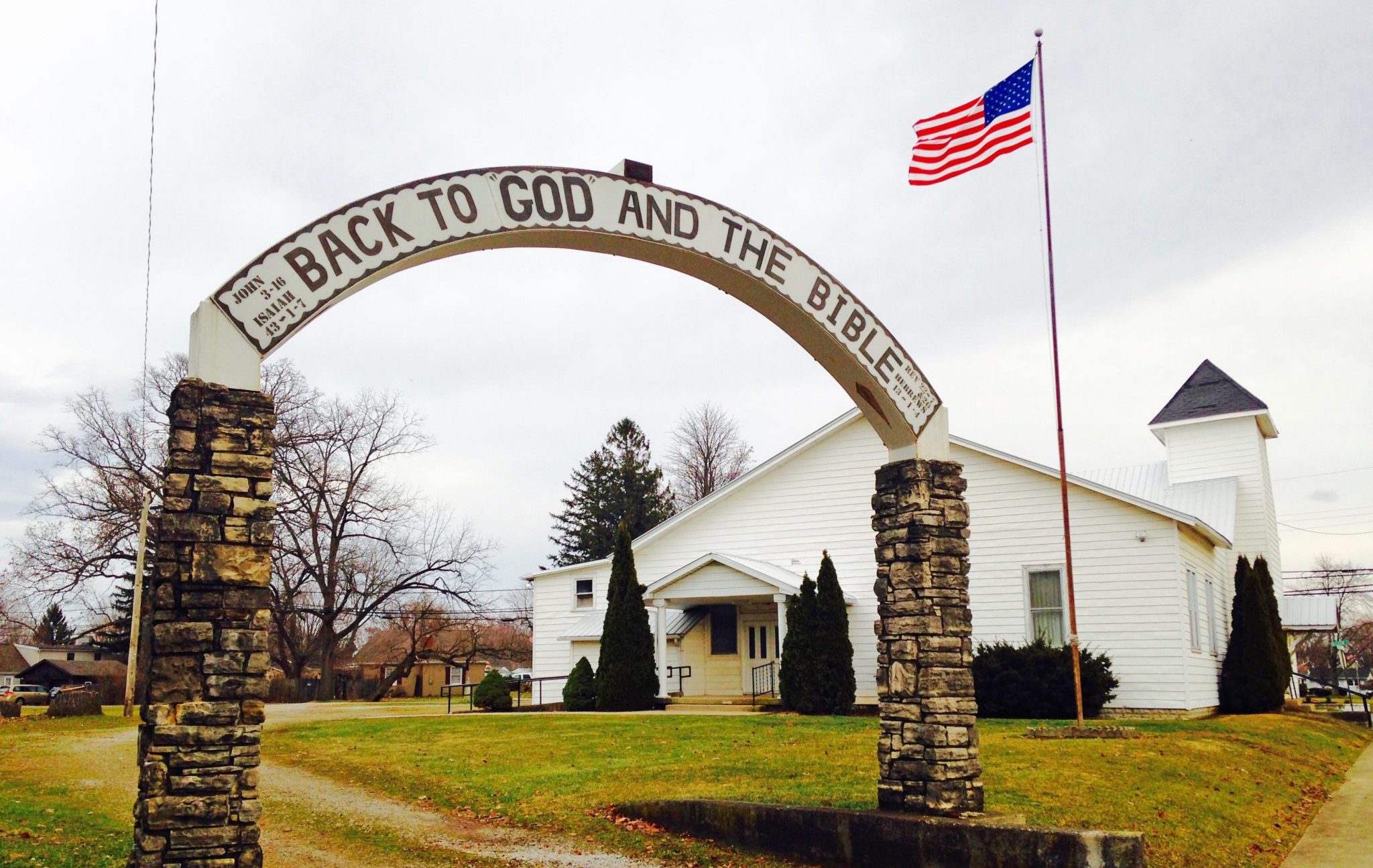In Praise of Religious Populism

No prejudice so perfectly unites the American overclass as contempt for morally conservative, religiously revivalist, and politically populist protestants. Every day, it seems, a prestige publication prints a new article describing them as sexist, racist, white-nationalist threats to democracy. Far more than the socialists who see themselves as radicals, backwoods Baptists and TV preachers, holy-rolling faith healers and strip-mall seminarians are hated and feared by our ruling class. No other group of comparable size consistently opposes those who run our society. That is why they are denounced so unsparingly, and why they deserve greater praise.
Populist Christianity took form in the early 19th century during the Second Great Awakening. Methodist circuit riders, Baptist preachers, and Mormon seers remade America’s religious landscape, proclaiming a populist creed that was no less revolutionary than the political transformation that had swept through the country in the decades before. As Nathan Hatch notes in his great book, The Democratization of American Christianity, its leaders were “short on social graces, family connections, and literary education.” They often seemed “untutored” and “irregular,” but this only proved their bona fides. Because they preached a creed that “associated virtue with ordinary people,” their lack of refinement vouchsafed their reliability.
The movements that sprang from the Second Great Awakening did not oppose all forms of authority. They instead tended to the elevation of a single leader, who was seen as vindicating the interests of the common man against an unaccountable elite. These men were entrepreneurial figures, adept in the latest methods of mass communication. They understood and frequently shared popular tastes. Unbound by old institutions, they built new ones in which they exercised unquestioned authority. Hatch describes the pattern: “The Methodists under Francis Asbury…used authoritarian means to build a church that would not be a respecter of persons.” Likewise, Mormons “used a virtual religious dictatorship…to return power to illiterate men.” Despite their tight control of their organizations, these men were seen as heralds of freedom, for they gave their followers the “right to think and act for themselves rather than depending upon the mediations of an educated elite.”
Like a river overflowing its banks, the Second Great Awakening cut new channels through which American public life has continued to flow. As Hatch observes, “American Christianity has always been most dynamic at the periphery of high culture.” Its most vibrant movements “are fed by the passions of ordinary people and express traditional values of localism, direct democracy, ruralism, and individualism. They assume a conservative stand in opposition to liberal secular and church elites.”
Perhaps the best way to understand populist Christianity is to listen to the men who made its music. When the Rev. J.M. Gates, a gospel singer, recorded “Amazing Grace” in the 1920s, he presented the tune as an antidote to scientistic and cosmopolitan values. “We’re living in a scientific age now where people are trying to lay aside the old hymns,” he told his listeners. “We’re living in a time where Atlanta gets her style from New York and New York gets her style from Paris and Paris is getting her style from hell.”
For populist Christians, the past is the model of piety. Personal and social improvement requires a return, rather than a simple advance. “Lord, bring back those happy days,” Rosetta Tharpe sang—the days “when the sweetness was in the land.” Populist Christians always long to return to “the Old Landmark.” Because
… the people don’t sing like they used to sing,
The mourners don’t moan like they used to moan,
The preachers don’t pray like they used to pray, [and]
That’s what’s the matter with the church today.
Populist Christianity associates piety with hearth and home, nation and place. The lead singer of the Pilgrim Jubilees, a gospel quartet, told an interviewer: “My brothers and I grew up in a little three-room shack in Houston, Mississippi. We didn’t have much back then, church, but we had a family altar.” This pride in a single place, however humble, and in a pious home, however plain, is typical of populist Christianity. As one interviewee told Anthony Heilbut, the scholar of gospel music: “I got my religion one Tuesday evening in the clay hills of Alabama”—an association of spirit and soil echoed in the country song about the “red dirt road” whereon a man found Jesus.
Populist Christianity rejects cosmopolitan, scientific, and bureaucratic conceits. Against these things, it asserts the authority of religious, familial, and local traditions. Though it first emerged among Protestants, it is not limited by ecclesial divides. The Catholic charismatic renewal, incubated in America, has spread around the globe. Even Catholic traditionalism, with its love of the old-time religion, suspicion of modern ideas, and doubts about the hierarchy, has something in common with a form of faith to which it is in many other ways opposed.
Populist Christianity expresses an instinctive mistrust of our overclass—a mistrust that is well deserved. Any Catholic, atheist, or high Protestant is bound to find it deficient at points, but its creed is more sound, more sane than the one preached by the elite. Undeterred by abuse, unashamed of its cause, it continues to fight the high and mighty. That is why I am grateful for populist Christianity.
Comments